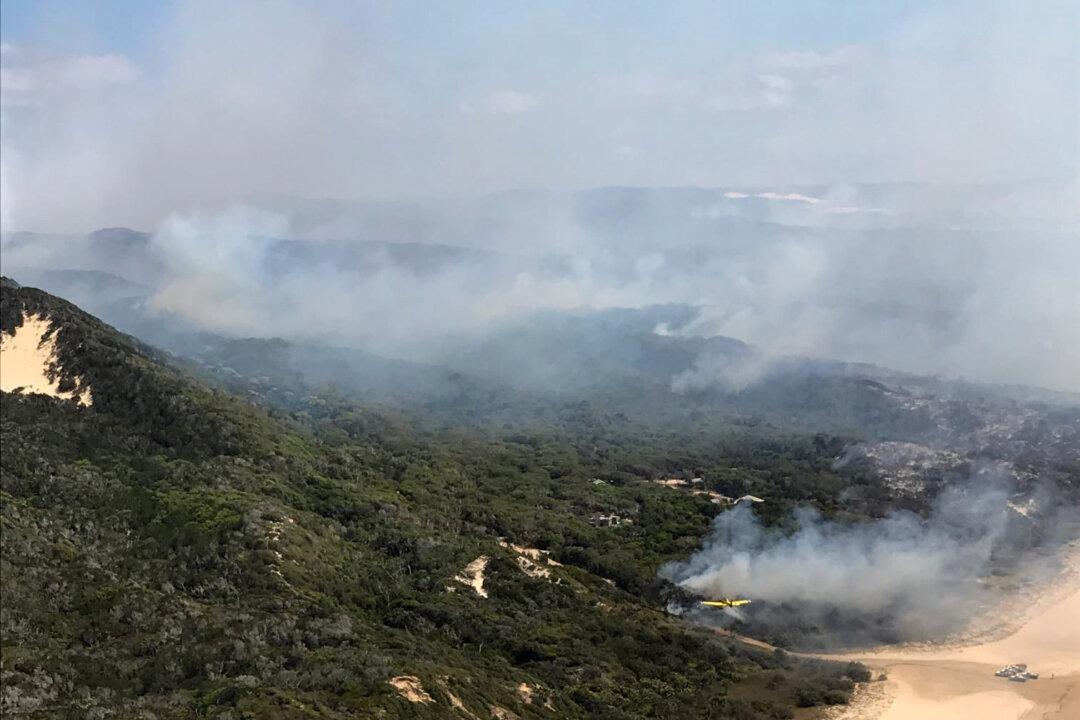The world’s largest sand island and the popular tourist destination Fraser Island off the southern-east coast of Queensland, Australia, has reverted to its Indigenous name, K’gari.
The title change comes following a long campaign by Indigenous groups, who argued naming the island Fraser was a “disrespect” to their people.




